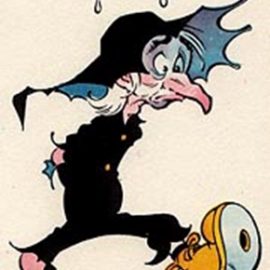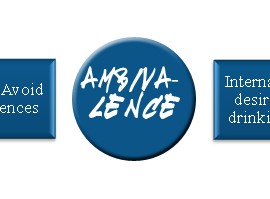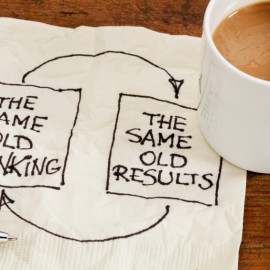Addiction Clinicians
Statute of Limitations
It’s sometimes said that the justified ones are by far the most dangerous. They’re the most difficult to let go of, and the most likely to develop into an obsession.
Topics: emotional issues, family dysfunction, maintaining sobriety
Addictive Delusions
A reasonably good rule of thumb for differentiating results of substance addiction from other illnesses: When the substance use stops for an extended period, the symptoms improve dramatically or go away entirely.
Topics: co-occurring disorders, signs and symptoms
Depression Update
Patients with severe substance disorders may experience depression as a result of the cumulative effects of their substance use.
Topics: co-occurring disorders, depression, prescription medications
Searching for a Substitute
If addiction really is a brain disorder based in complex adaptations to a substance, then who’s to say those adaptations won’t occur with a different drug?
Topics: addiction and the brain, kratom, maintaining sobriety, MAT, types of treatment
Getting Drugs From Docs Part Three: Prevention
Try thinking of the interaction between drug seeker and practitioner as type of negotiation where the two parties have very different goals.
Topics: opioids, physicians, prescription medications
Is it Recovery Yet?
It may seem to the individual as if it happens by itself– the result of an autopilot, set to return home.
Topics: maintaining sobriety, relapse
The Medicine They Don’t Take…
But given the experience in other fields of healthcare, a return to the old lifestyle, however destructive, may be little more than human nature.
Topics: maintaining sobriety, outcomes, relapse
Don’t Forget Denial
It seems to me that it’s entirely possible for one person to be lying, ambivalent, and in denial at the same time.
Topics: counseling skills, defense mechanisms, resistance manipulation ambivalence


















